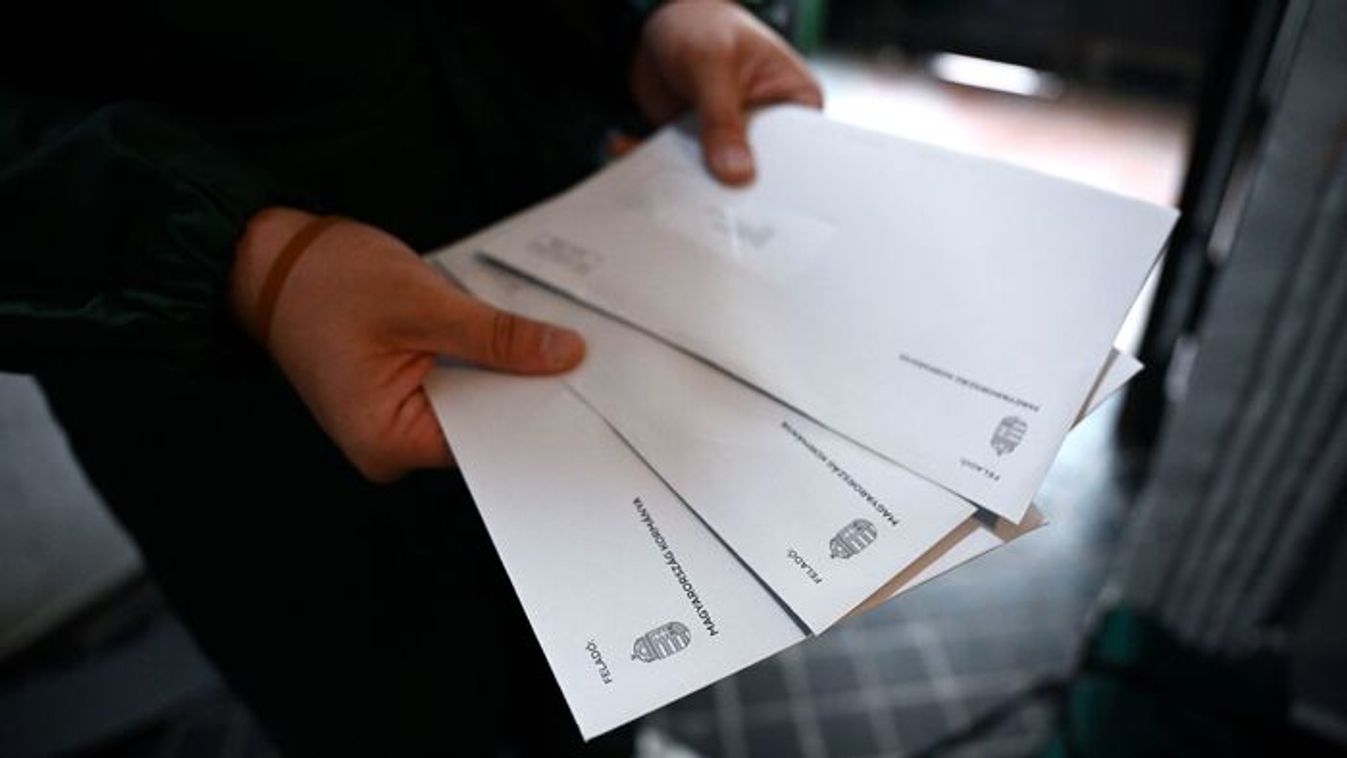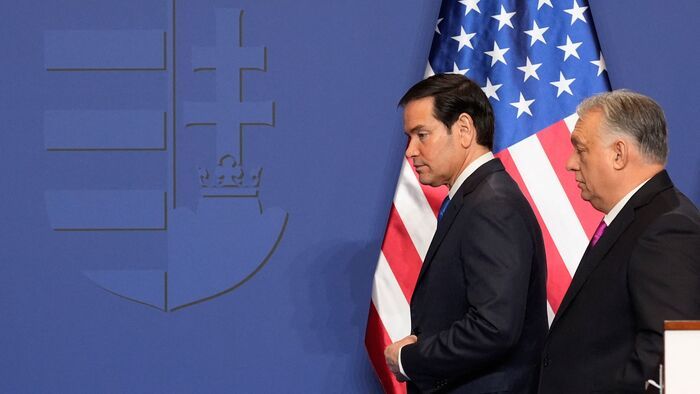The last batch of National Consultation forms are being delivered by mail to residents in the country. Hungarians are being encouraged to share their views on the tax system and on energy sovereignty. An online version of the questionnaire is also expected to be available soon.

The government’s position is clear: Hungary must keep its current flat tax system and preserve full energy sovereignty. Yet Brussels continues to pressure Hungary to abandon both. If citizens speak up in defense of Hungarian interests, the government will be better positioned to represent them in future EU debates.
Standing Up to Brussels’ Demands
The European Union is trying to force Hungary to cut off affordable Russian energy supplies and purchase oil and gas from other, far more expensive sources. According to the government, such a move would drive up household utility costs and end Hungary’s status as the country with the lowest energy bills in the EU.
In its latest country report, the European Commission once again attacked Hungary’s utility price caps and demanded their elimination,
claiming that cutting subsidies would “align with EU commitments” and “encourage energy efficiency.” Brussels also criticized Hungary for continuing to import cheaper Russian energy, arguing that Budapest should make its citizens bear the financial burden of the war’s continuation.
Brussels and the Tisza Party: A Shared Agenda on Taxes
The same EU report also recommends tax reform, calling Hungary’s personal income tax system “too flat” and suggesting that taxes be increased under a progressive model. This aligns closely with the Tisza Party’s tax hike proposal, which envisions introducing a three-tiered progressive income tax.
According to leaked documents, the Tisza Party’s economic team has drafted a comprehensive fiscal plan, already circulated among experts. Their proposal would leave Hungary’s current 15 percent tax rate for only a narrow segment of earners. Even the average wage would fall under a 22 percent tax bracket, while incomes above 1.25 million forints would face a 33 percent rate.























Szóljon hozzá!
Jelenleg csak a hozzászólások egy kis részét látja. Hozzászóláshoz és a további kommentek megtekintéséhez lépjen be, vagy regisztráljon!